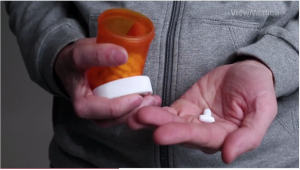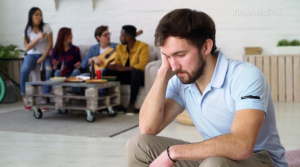Opioids are a possible treatment for chronic pain, but their use requires individualization, specified treatment goals, and patient education.[1] Your medical history, family history, and personal history of substance use all help determine whether opioids are safe for you to try.[2] People using opioids often face the additional burden of depression. If you’re in pain, it is easy to become depressed about it. Left untreated, this often hidden mental illness can make recovery even more difficult. The relationship between opioid abuse and depression is bi-directional, meaning that suffering from one increases the risk of the other.[3] Let’s take a few minutes to learn about this connection.
What are Opioids?
Opioids are powerful painkillers prescribed by a doctor. Opioids are a class of drugs that include the illegal drug heroin, synthetic opioids such as fentanyl, and pain relievers available legally by prescription, such as oxycodone (OxyContin), hydrocodone (Vicodin), codeine, morphine, and many others.[4] They affect your brain. Studies show that taking them for longer than a month may increase your risk for depression. In one study at St. Louis University, researchers found that 10% of over 100,000 patients prescribed opioids developed depression after using the medications for over a month.[5] The longer you take an opioid, the higher the risk. This can even happen to people who have no history of depression, and who take opioids as directed. Some people also have depression when they stop taking an opioid, as the brain adjusts to the lack of the drug.
The Opioid Crisis
Much is being made in our community and the press about community use of opioid/opiate/ narcotic medications. The recent statistic that deaths due to prescription opioids now exceeds motor vehicle accidents and gun accidents combined is cause for alarm. At Spinal Interventions, we believe there are better treatments out there to treat pain other than opioids. A study by the American Academy of Neurology states: “although there is evidence for significant pain relief in the short term (average duration of trials 5 weeks, range 1–16 weeks), there is no substantial evidence for maintenance of pain relief over longer periods of time, or significant evidence for improved physical function.”[6] Spinal Interventions specializes in non-surgical solutions for your pain. Our board certified physicians, physician assistants, and nurse practitioners offer high quality care for patients seeking pain management solutions in Utah. Our practice includes minimally invasive procedures, medication management, and cognitive-behavioral therapy.
Signs of Depression
What are some signs of depression? You may feel sad, lonely or empty. You may feel anxious or irritable, and you may get angry about little things. Your sleep schedule and appetite may change. It may be hard for you to concentrate and to think clearly. You may lose interest in things you used to like. You may feel hopeless, and have thoughts of death.
Conclusion
If you use an opioid and notice signs of depression, take it seriously. Recovery and healing are possible, and your best chances for both are to seek immediate treatment that address both the drug abuse and depressive symptoms.[7] Tell your doctor right away. Depression can get better with treatment. Your doctor will create a care plan that’s right for you.
Don’t let chronic pain interfere with your life! If you’re dealing with chronic pain, you know how debilitating it can be. Don’t let pain keep you from doing the things you love. Take the first step to living pain free and call Spinal Interventions today at (801) 223-4860 for a consultation.
References
[1] https://www.ncbi.nlm.nih.gov/pubmed/15248371
[2] https://www.mayoclinic.org/diseases-conditions/prescription-drug-abuse/in-depth/how-to-use-opioids-safely/art-20360373
[3] https://www.psycom.net/depression.central.opioid.abuse.html
[4] https://www.hhs.gov/opioids/prevention/index.html
[5] http://www.annfammed.org/content/14/1/54
[6] Opioids for chronic noncancer pain: A position paper of the American Academy of Neurology. Neurology 2014;83;1277-1284
[7] https://www.psycom.net/depression.central.opioid.abuse.html
[8] https://viewmedica.com/vm/index/brochure/6793/opioidsdepression/en




